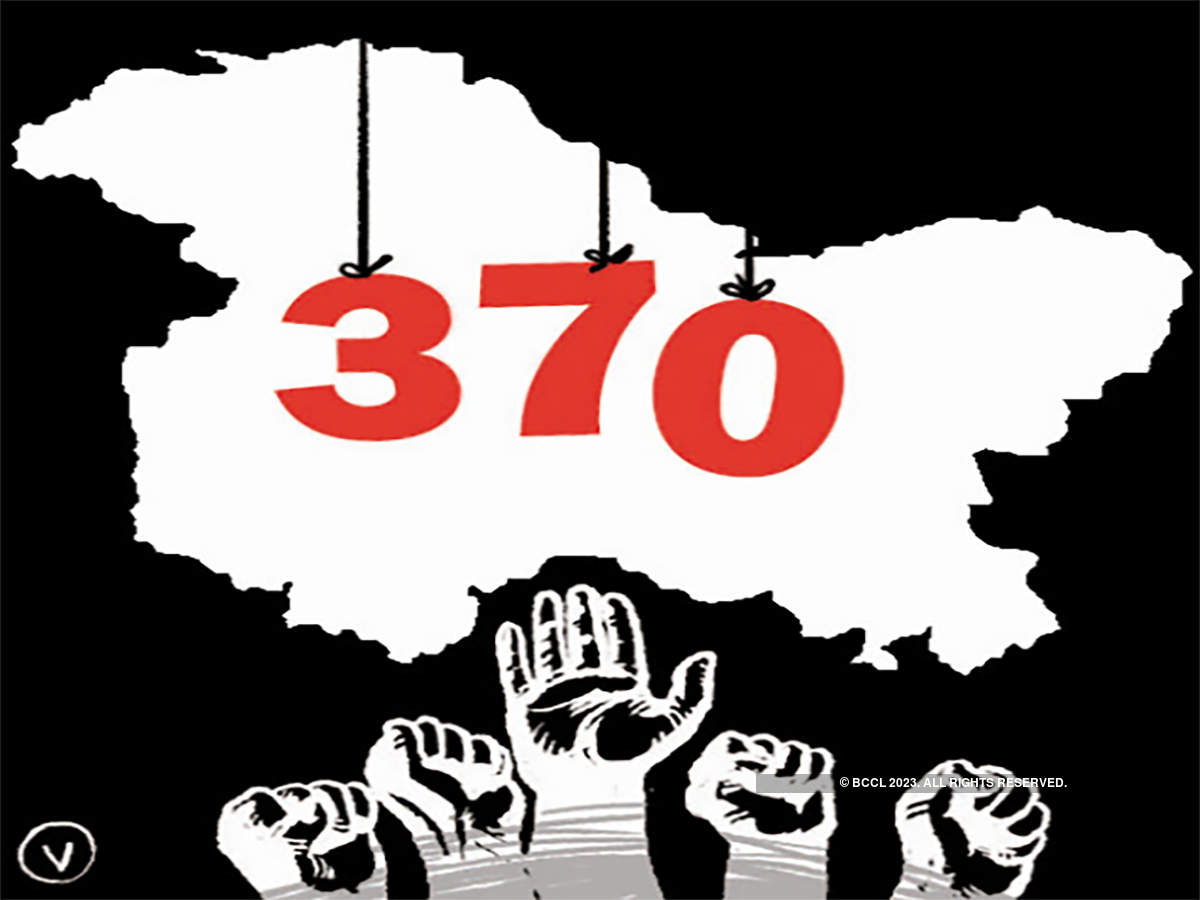Introduction:
Article 370 of the Indian Constitution has been a subject of intense debate and controversy since its inception. Often viewed as a symbol of special status and autonomy for the state of Jammu and Kashmir, Article 370 played a significant role in shaping the political landscape of India. In this article, we delve into the history, impact, and eventual repeal of Article 370, exploring its implications for Indian politics and the region of Jammu and Kashmir.
Origins and Significance:
Article 370 was incorporated into the Indian Constitution in 1949, granting special autonomous status to the state of Jammu and Kashmir. This provision was based on the Instrument of Accession signed by the Maharaja of Kashmir, Hari Singh, in 1947, allowing the state to have its own constitution, flag, and autonomy over internal matters, except for defense, foreign affairs, finance, and communications.
Autonomy and Political Dynamics:
Article 370 provided a legal framework for the governance of Jammu and Kashmir, allowing the state to have its own constitution and government. Over the years, successive state governments utilized this autonomy to enact laws and policies tailored to the region’s unique demographic, cultural, and political landscape. However, the provision also fueled tensions between the central government and separatist factions within the state, leading to decades of insurgency and unrest.
Controversies and Criticisms:
While Article 370 was intended to provide autonomy and protection for the people of Jammu and Kashmir, it also faced criticism for perpetuating separatism and hindering integration with the rest of India. Critics argued that the special status granted to the state created a sense of entitlement and privilege among certain political elites, leading to corruption, nepotism, and a lack of accountability in governance.
Repeal and Constitutional Amendment:
In August 2019, the Government of India, led by Prime Minister Narendra Modi, announced the abrogation of Article 370 through a presidential order. This move, accompanied by the bifurcation of the state into two union territories—Jammu and Kashmir, and Ladakh—sparked widespread debate and controversy. Supporters hailed the decision as a bold step towards integrating Jammu and Kashmir fully into the Indian Union, while critics raised concerns about the erosion of autonomy and potential repercussions for peace and stability in the region.
Implications and Future Outlook:
The repeal of Article 370 has profound implications for Indian politics, regional dynamics, and bilateral relations with neighboring countries. While proponents argue that it will lead to greater economic development, investment, and security in Jammu and Kashmir, critics fear that it could exacerbate tensions, alienate local populations, and undermine democratic principles. The coming years will be crucial in determining the long-term impact of this historic decision on the region and its people.
Conclusion:
Article 370 has been a contentious issue in Indian politics, reflecting the complex interplay of history, identity, and governance in the region of Jammu and Kashmir. Its repeal marks a significant chapter in India’s constitutional history, with far-reaching implications for the future of the region and its relationship with the rest of the country. As India navigates the challenges and opportunities arising from this momentous decision, it is essential to uphold democratic values, promote inclusive development, and foster dialogue and reconciliation to build a peaceful and prosperous future for all stakeholders involved.






